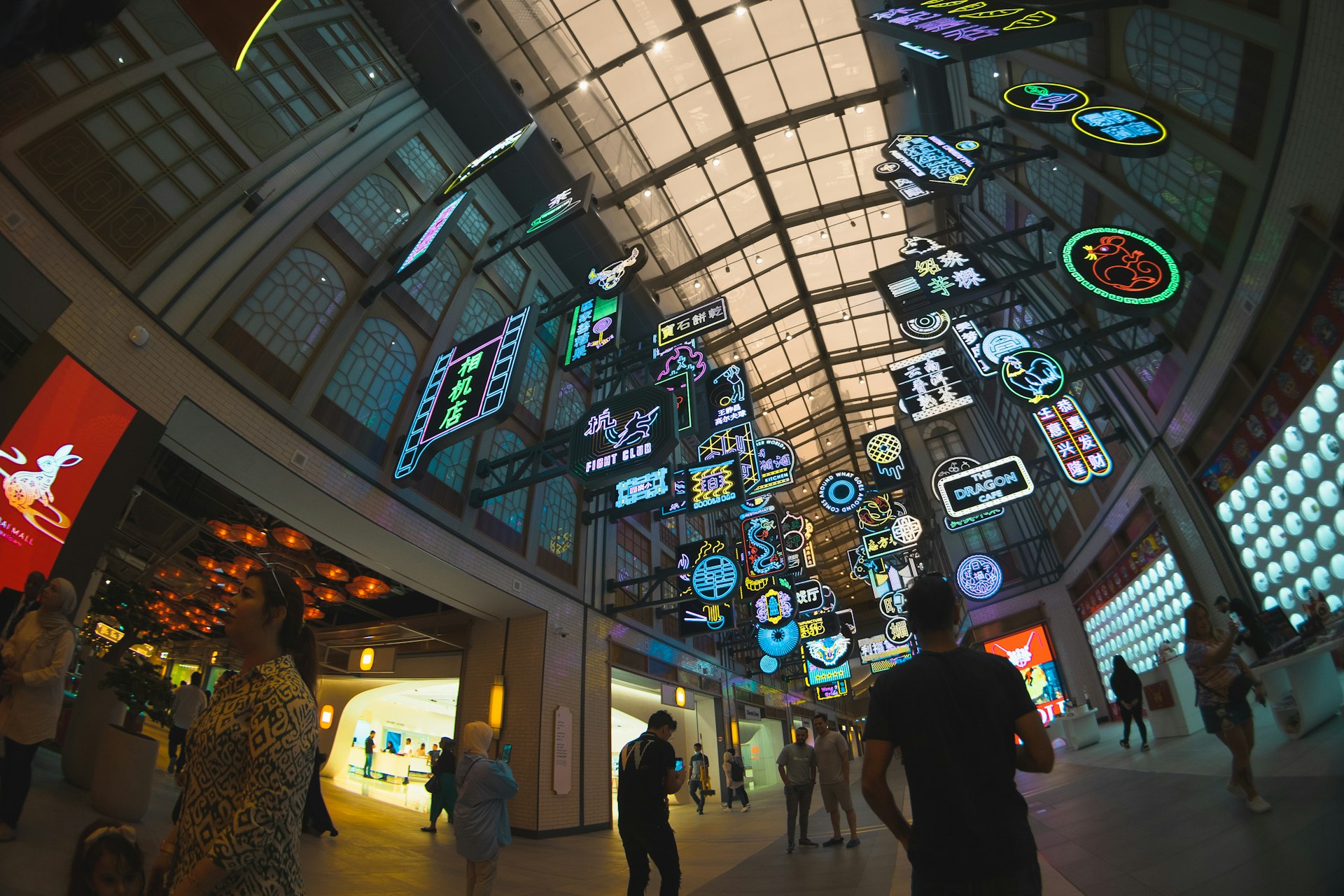Sustainable Wedding Fashion Trends: Modern Elegance Meets Ethical Choices

Photo by Lucas Law on Unsplash
Introduction: The Rise of Sustainable Wedding Fashion
Weddings are moments of joy, celebration, and meaningful traditions. In 2025, a growing number of couples are making sustainability a core part of their wedding journey. This shift reflects not just a fashion trend, but a broader cultural movement towards ethical consumption, respect for the environment, and conscious celebration. If you’re planning your wedding, understanding and embracing sustainable wedding fashion trends can help you create a memorable event that aligns with both your values and your sense of style [1] .
Section 1: What Makes Wedding Fashion Sustainable?
At its core, sustainable wedding fashion combines eco-friendly materials, ethical manufacturing practices, and mindful consumer choices. The goal is to minimize the environmental impact of wedding attire while ensuring fair treatment of workers throughout the supply chain. In practice, this means:
- Choosing gowns and suits made from organic cotton, hemp, bamboo, recycled lace, or plant-based silk [1] .
- Supporting brands that offer ethical labor conditions and transparent sourcing [2] .
- Considering vintage, rental, or secondhand wedding attire to reduce waste [5] .
Eco-friendly wedding dresses are now available from an expanding number of designers and marketplaces. Many of these brands also prioritize low-waste packaging and local production to further cut down on their carbon footprint.
Section 2: Top Sustainable Bridal Trends for 2025
The 2025 wedding season is seeing a surge in creative, sustainable choices for both brides and grooms. Here’s how the movement is shaping specific trends:
1. Eco-Friendly Fabrics and Ethical Craftsmanship
Designers are favoring organic cotton, recycled polyester, hemp blends, and even plant-based silks. These materials are produced with reduced water usage, fewer chemicals, and lower carbon emissions compared to conventional textiles. Leading brands also highlight artisanal craftsmanship, ensuring that each gown is made with care and under fair labor conditions [2] .
To access these styles, you can search for “sustainable bridal designers” or visit established eco-friendly labels like Reformation, Christy Dawn, or Tara Lynn Bridal. Look for brands that explicitly state their sourcing and labor practices on their official websites or product labels.
2. Bridal Rental and Secondhand Options
Rental services and pre-owned wedding dresses are gaining popularity. Renting a dress or suit for your big day significantly reduces resource consumption and waste. Platforms like Nuuly and Preowned Wedding Dresses offer curated selections of high-quality, gently used gowns in a wide range of styles and sizes [5] .
To find these options, search for “wedding dress rental” or “preowned wedding dresses” in your area or online. When using rental or resale platforms, review their return policies, sustainability commitments, and customer reviews to ensure a reliable experience.

Photo by Sebastian Romero on Unsplash
3. Transformative and Versatile Designs
Transformative wedding dresses-such as gowns with removable skirts, detachable sleeves, or convertible overlays-allow brides to achieve multiple looks in one garment. This not only reduces the need for multiple outfits but also offers comfort and practicality throughout the day [2] .
When shopping, ask your designer or retailer about dresses with modular elements. This is especially useful for those who want a formal look for the ceremony and a relaxed style for the reception. Many modern designers now feature these options in their collections.
4. Personalized, Minimalist, and Vintage Styles
Personalization is a top priority for many couples in 2025. This means selecting attire that reflects your story, values, and aesthetic-while also being gentle on the planet. Minimalist gowns, vintage lace, and custom embroidery are in vogue. Vintage and upcycled dresses, in particular, offer unique charm and a smaller environmental footprint [3] .
To find vintage gowns, consider searching for local consignment boutiques, specialty vintage shops, or online platforms focused on pre-loved wedding attire. Always inquire about the condition and cleaning process for vintage pieces.
5. Sustainable Suits and Accessories for Grooms
Sustainable fashion isn’t just for brides. Grooms are increasingly choosing suits crafted from organic wool, recycled fibers, or locally sourced materials. Accessories like ties and pocket squares made from natural or upcycled fabrics add a thoughtful touch [4] .
For eco-friendly menswear, search for “sustainable groom suits” or consult with tailors who offer ethical fabric options. Many suit rental services now highlight their green credentials as well.
Section 3: How to Implement Sustainable Fashion in Your Wedding
Ready to make your wedding attire more sustainable? Here are actionable steps and alternatives to guide your decisions:
Step 1: Research Brands and Materials
Start by identifying designers and retailers that publicly share their sustainability practices. Look for certifications like GOTS (Global Organic Textile Standard) or Fair Trade. Reading reviews and checking for detailed information on sourcing and production will help ensure your purchase aligns with your values.
Step 2: Consider Rental or Secondhand Attire
Explore reputable rental platforms or secondhand marketplaces for both gowns and suits. Renting or buying pre-loved attire not only saves money but also reduces the demand for new resources. Always confirm garment quality and return policies before committing.
Step 3: Embrace Versatile and Modular Designs
Opt for wedding attire that offers flexibility-such as detachable trains, layered skirts, or convertible jumpsuits. This approach allows for multiple looks and greater post-wedding wearability, extending the life of your garments.
Step 4: Shop Local and Support Artisans
Working with local designers or artisans minimizes transportation emissions and supports your regional economy. Custom pieces from small studios often blend sustainability with personalized service and unique design.
Step 5: Eco-Friendly Accessories and Beauty Choices
Choose jewelry, shoes, and veils crafted from recycled or upcycled materials. For example, family heirlooms or vintage accessories can add depth and history to your look. Consider natural makeup brands and salons that use eco-friendly products for your wedding day beauty routine.
Section 4: Overcoming Challenges and Exploring Alternatives
While sustainable wedding fashion offers many benefits, there can be challenges, including limited local availability, potentially higher prices for ethical pieces, and the time required to research the best options. To navigate these obstacles:
- Start your search early to allow time for sourcing or custom orders.
- If budget is a concern, prioritize rental or vintage pieces, which often cost less than new designer gowns.
- For unique or hard-to-find items, consider working with a local seamstress to upcycle a family dress or suit.
- If you’re unsure where to begin, consult wedding planners or online communities focused on eco-friendly celebrations for recommendations and support.
Section 5: Next Steps-Accessing Sustainable Wedding Fashion
To get started on your sustainable wedding fashion journey, you can:
- Search for “sustainable wedding dresses” or “eco-friendly groom suits” in your preferred search engine.
- Visit bridal shops and ask directly about their ethical and environmental policies.
- Connect with designers through social media or their official websites to inquire about custom, sustainable options.
- Explore online communities and forums for peer recommendations and reviews.
Remember, the key is to prioritize both your personal style and your values, and to openly communicate your sustainability goals with vendors and designers. Even small choices-like renting, reusing, or selecting natural materials-can make a meaningful difference.
References
- Belle Amour Bridal (2025). 2025 Bridal Fashion Trends: What’s Hot for the Modern Bride.
- FiFi’s Bridal (2025). 2025 Bridal Trends: Stay Ahead of the Game.
- Gentone Events (2025). Personalization and Sustainability: 7 Key Wedding Trends for 2025.
- Wedding Vibe (2025). Wedding Fashion Trends 2025: What Brides and Grooms Are Wearing Now.
- The Good Trade (2025). 15 Sustainable & Organic Cotton Wedding Dresses (2025).



